What Does Pip Mean in Forex Trading?
In forex trading, a pip is the smallest unit of price movement between two currencies. It’s used to measure changes in exchange rates, calculate profits or losses, and manage trading strategies effectively.
简体中文
繁體中文
English
Pусский
日本語
ภาษาไทย
Tiếng Việt
Bahasa Indonesia
Español
हिन्दी
Filippiiniläinen
Français
Deutsch
Português
Türkçe
한국어
العربية
Abstract:A review of the best forex account types, from demo to ECN, with expert insights to match your trading goals. Learn how to choose wisely.
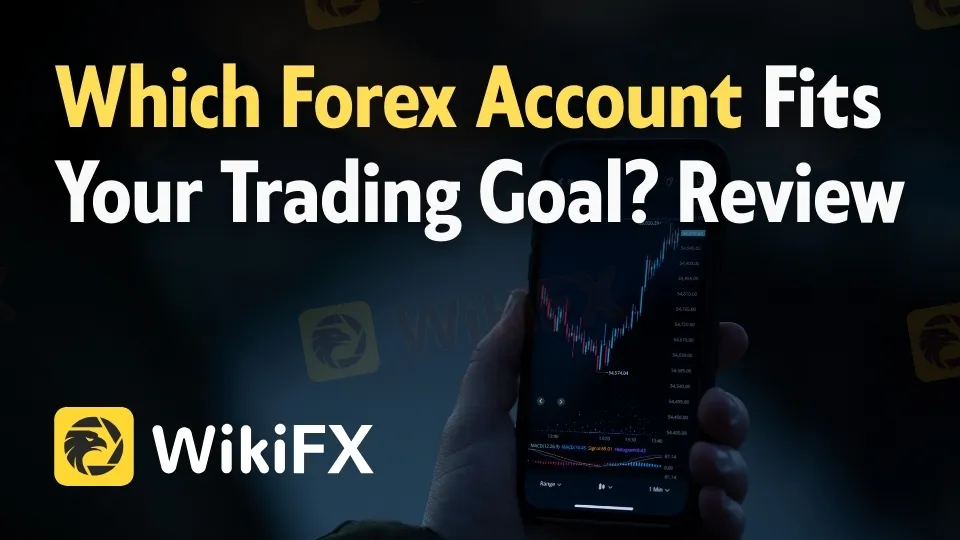
Selecting the right forex account is one of the most critical decisions for traders. With options ranging from basic accounts for beginners to advanced ECN accounts for professionals, the type of forex trading account you choose defines your trading flexibility, costs, and potential growth. In todays fast-paced forex markets, aligning your account type with your trading goals can either enhance your experience or hold you back.
Forex brokers typically offer multiple account categories to cater to different skill levels and strategies. These include demo accounts, micro and mini accounts, standard accounts, and advanced options such as STP (Straight Through Processing) and ECN (Electronic Communication Network) accounts. Understanding their differences is essential to ensure that you maximize profitability while minimizing risks.
A forex demo account is often the first step for anyone entering the market. It allows new traders to practice strategies in a risk-free environment using virtual funds.
However, while demo accounts are invaluable tools, it is important to note that trading results in a simulated environment do not always translate into actual profits in live trading. Market conditions such as slippage and spreads affect real accounts differently.
When stepping into real trading, youll likely encounter three popular retail forex account structures: micro, mini, and standard forex accounts. These accounts represent the next step for traders after practicing on demos.
For traders starting with limited capital, micro or mini accounts are often preferable. As experience grows, upgrading to a standard forex account offers greater opportunities with higher risks and rewards.

Advanced traders often seek transparency, speed, and strong liquidity, which is where ECN and STP forex accounts come in. These account types differ significantly from the traditional dealing desk model.
Choosing between ECN vs STP accounts depends largely on your strategy. If youre pursuing scalping or high-frequency trading, ECN accounts are usually superior. For swing trading or longer-term strategies, STP accounts can balance execution speed with accessible deposit requirements.
For traders observing Islamic finance principles, swap-free forex accounts, also known as Islamic accounts, are available at many regulated forex brokers. These accounts avoid overnight interest fees (known as swaps), aligning with Sharia law.
Swap-free accounts often involve certain trade-offs, such as higher spreads or administrative fees, to compensate the broker for lost overnight charges. Nonetheless, these accounts demonstrate the adaptability of forex trading platforms in meeting diverse trader needs globally.
When evaluating forex account types, traders must consider several critical factors:
A strong forex broker comparison should weigh all these factors before selecting the best trading account type for your goals.
Deciding which forex account fits your trading goal requires balancing your trading style, risk appetite, and investment size.
Ultimately, the right account type depends not only on market knowledge but also on personal trading objectives, capital availability, and disciplined risk management.
Navigating the many forex account types can seem overwhelming, but understanding their unique structures helps in making informed decisions. From forex demo accounts for beginners to ECN accounts for professionals, each serves a specific role in supporting traders goals.
The most successful traders are those who align their account type with a solid trading strategy, supported by a regulated broker and a trusted trading platform. While leverage and spreads may drive immediate appeal, long-term trading success lies in choosing the appropriate account structure that matches your style.
Always remember: check the brokers negative cases on the WikiFX app before trading. Scan the QR code below to download and install the app on your smartphone.
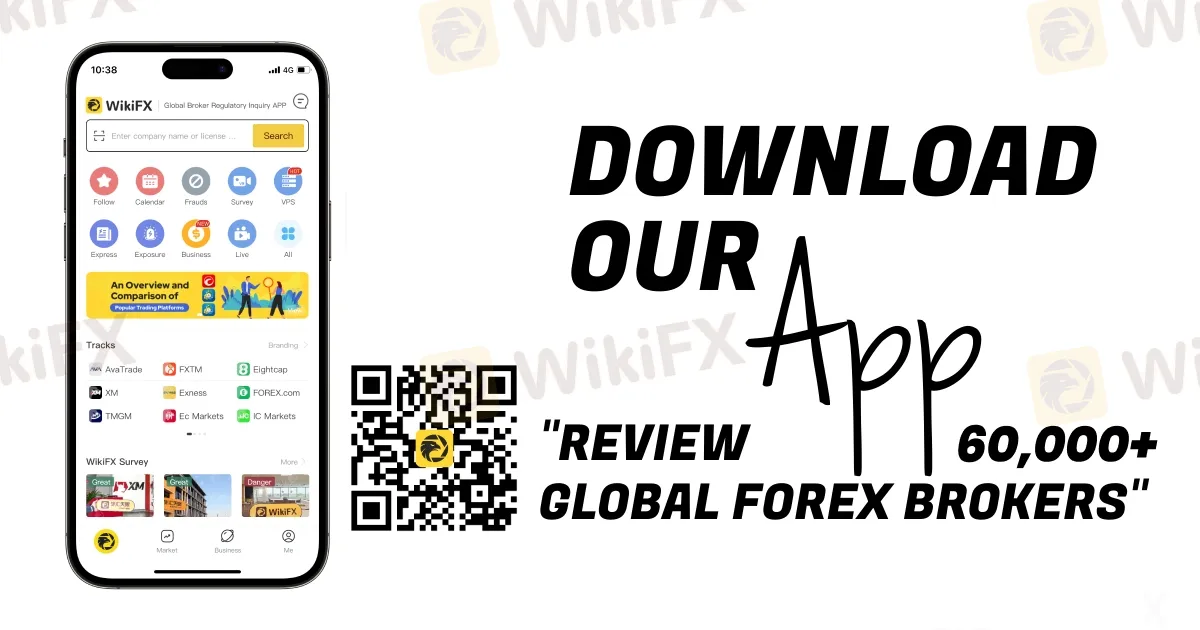
Disclaimer:
The views in this article only represent the author's personal views, and do not constitute investment advice on this platform. This platform does not guarantee the accuracy, completeness and timeliness of the information in the article, and will not be liable for any loss caused by the use of or reliance on the information in the article.
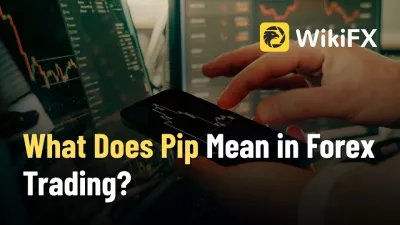
In forex trading, a pip is the smallest unit of price movement between two currencies. It’s used to measure changes in exchange rates, calculate profits or losses, and manage trading strategies effectively.
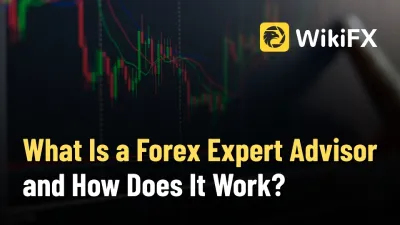
A forex expert advisor is an automated trading tool that executes strategies in the forex market. Learn how it works, its benefits, risks, and future trends.
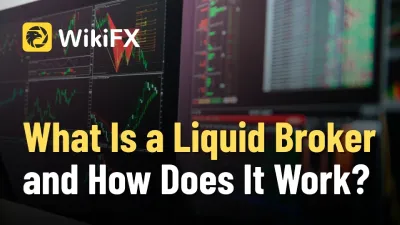
A liquid broker connects traders to deep forex liquidity from banks and institutions, offering faster execution, tighter spreads, and transparent real-market pricing.
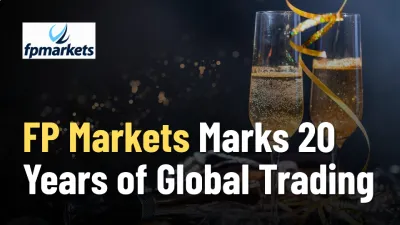
FP Markets celebrates 20 years of innovation, global expansion, and award-winning service, reinforcing its role as a trusted multi-asset broker.
